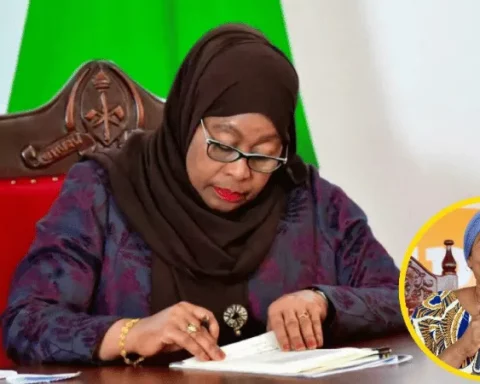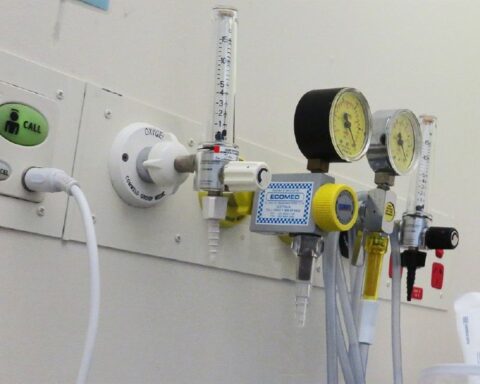Despite Tanzania recording significant economic growth in recent years, widespread poverty persists, highlighting a disconnect between national prosperity and individual well-being.
According to recent data, Tanzania’s GDP surged by over 5% in 2023, reaching Sh148.3 trillion. However, the benefits of this growth have not trickled down to poor households, according to the country’s Minister of Investment and Planning, Prof. Kitila Mkumbo.
Prof. Mkumbo revealed that while the GDP per capita stood at Sh3,055,000 (approximately $1168), many Tanzanians continue to live in poverty. This disparity is largely due to the fact that the sectors driving economic growth have not generated substantial employment opportunities for the poor.
Statistics show that the fastest-growing sectors in 2023 included arts (17.7%), finance and insurance (12.2%), mining (11.3%), and accommodation and food services (8.3%). In contrast, agriculture, which employs the majority of Tanzanians, grew by only 4.2%, while manufacturing and trade saw modest expansions of 4.3% and 4.2%, respectively
ReadMore;Global Tobacco Epidemic: A Call to Action for Public Health
This imbalance has significant implications for poverty alleviation. The sectors with high growth rates are less labor-intensive and have limited capacity to absorb the large number of job seekers from impoverished backgrounds. Consequently, despite the overall economic growth, the lack of substantial job creation in key sectors such as agriculture and manufacturing means that poverty reduction remains elusive.
Moreover, recent World Bank reports indicate that nearly 3 million Tanzanians fell into poverty during and after the COVID-19 pandemic, raising the total number of impoverished individuals to 17.3 million by December 2023. The population is projected to double every 23 years, further intensifying the demand for education and healthcare services
To address these challenges, the Tanzanian government has prioritized policies focused on youth and rural development. Prof. Mkumbo emphasized the need for investments in human capital, particularly in education and family planning, to reduce fertility rates and improve economic opportunities for future generations. The government is also focusing on transforming the agricultural sector through increased investment in technology and irrigation to boost productivity and ensure food security
while Tanzania’s economic indicators show positive growth, the country faces significant challenges in translating this growth into meaningful poverty reduction. Addressing these issues will require targeted investments in labor-intensive sectors and comprehensive reforms to create more inclusive and sustainable economic opportunities.







